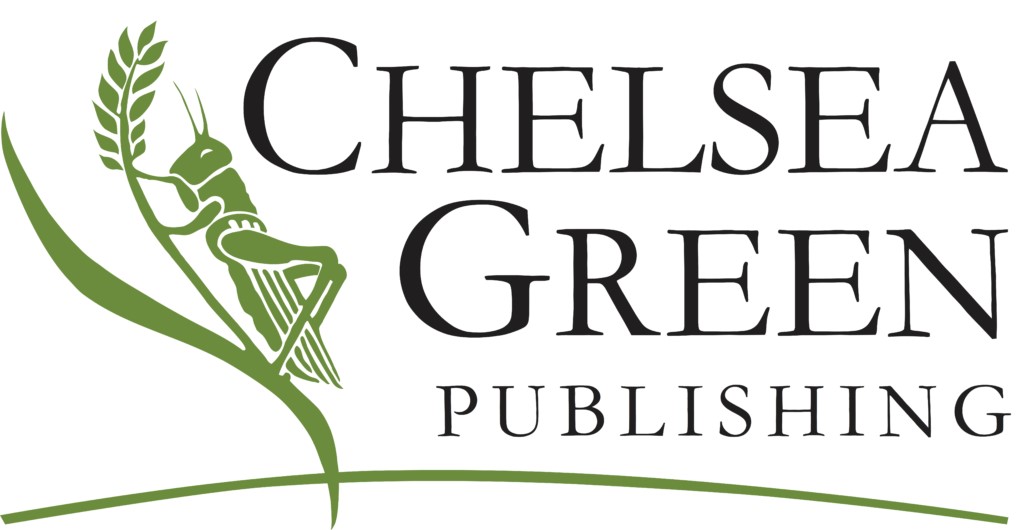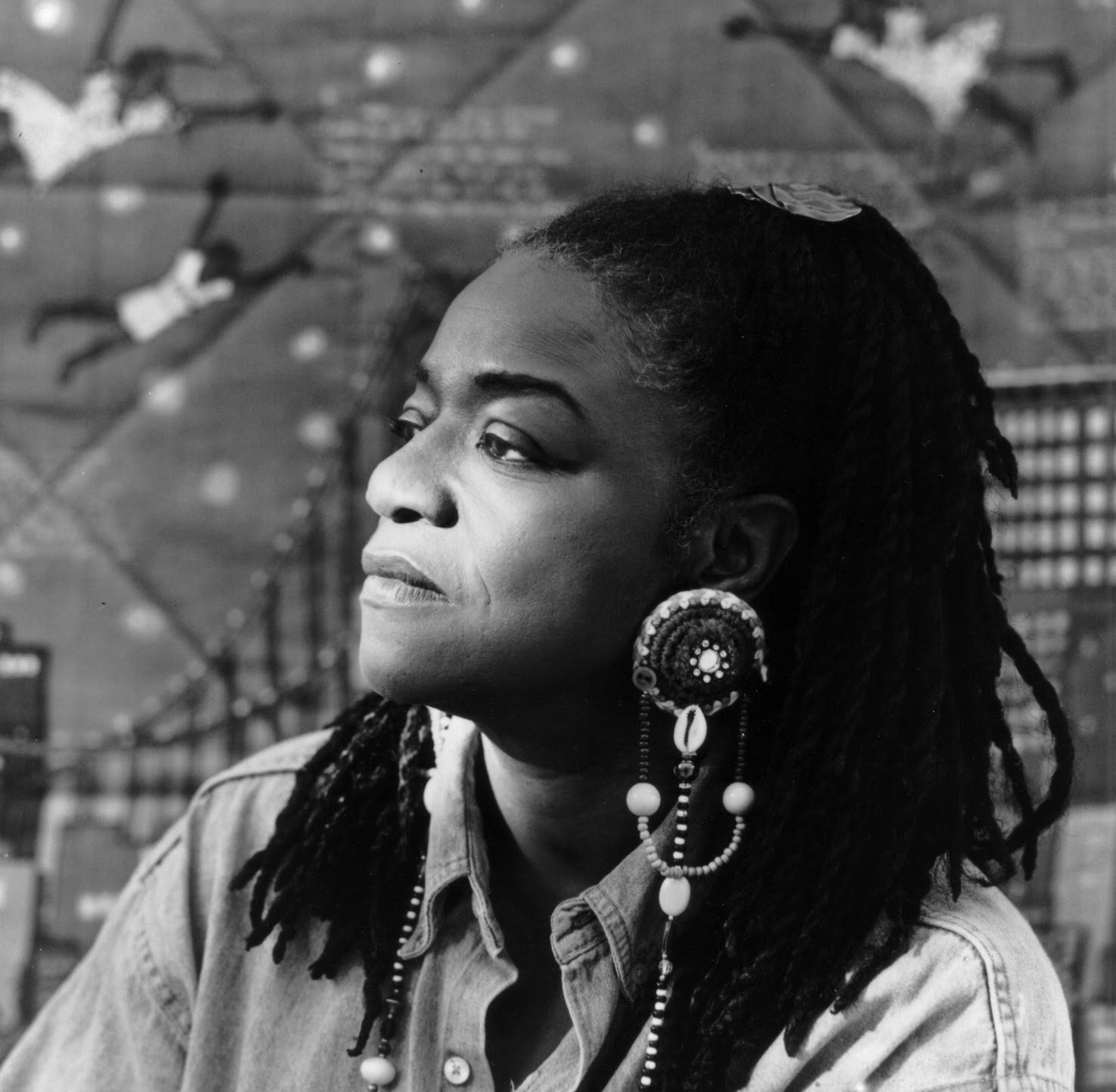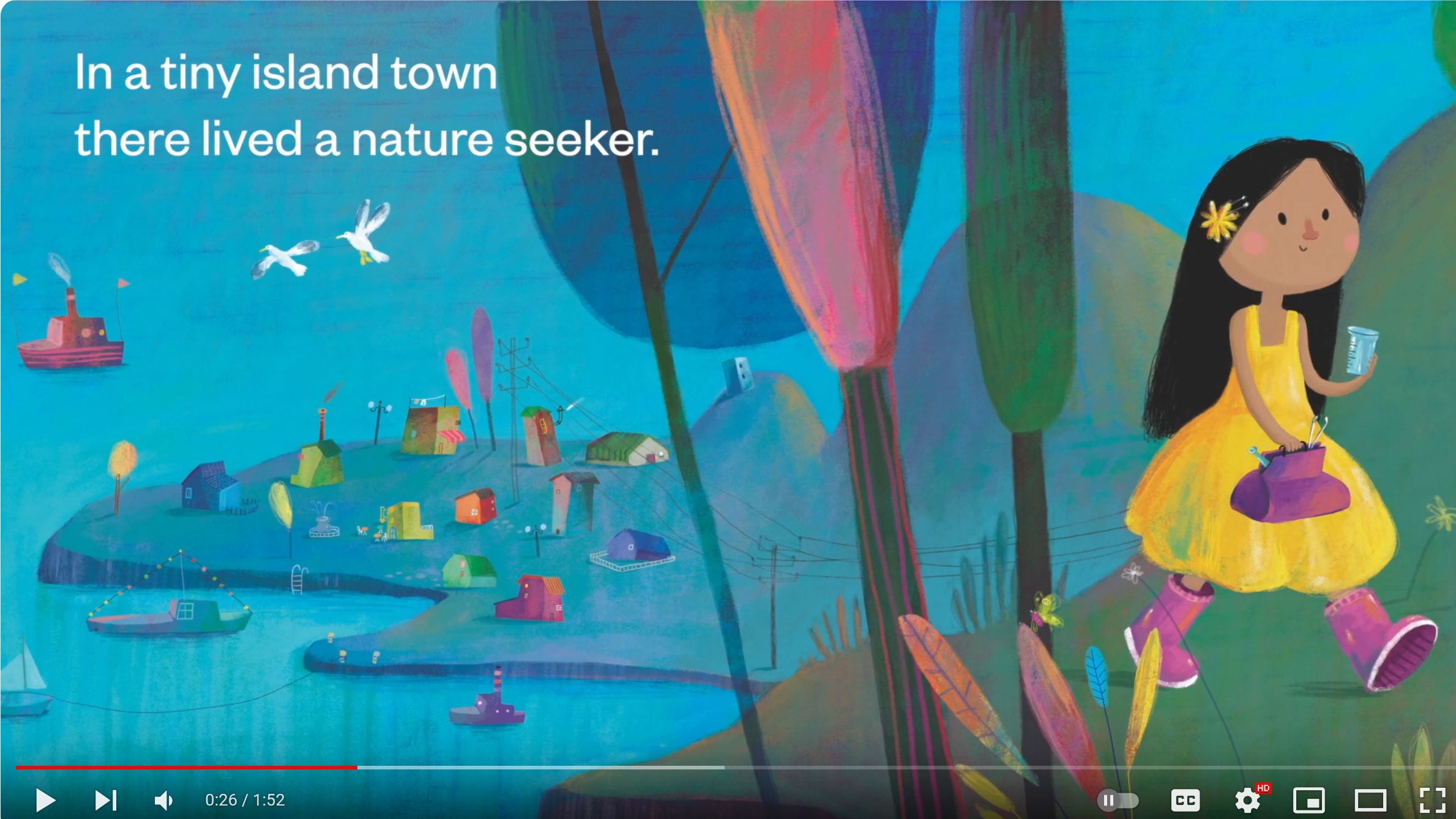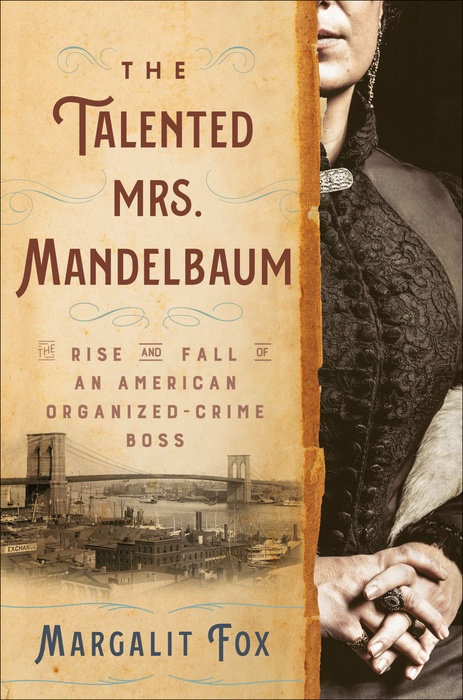Five More Publishers Join Suit Against Iowa's Book Banning, Anti-GLBQT Law
 Five publishers have joined the lawsuit filed last November 30 against Iowa over its book banning and anti-GLBQT law, meaning that plaintiffs now include all the Big Five U.S. publishers. The Iowa law would forbid school libraries and classrooms from carrying books describing or showing a "sex act," with the exception of religious texts like the Bible; prohibit educators from discussing "gender identity" and "sexual orientation" with students from kindergarten through sixth grade; and require school administrators to notify parents when students ask to change anything relating to their gender identity, such as their names or pronouns.
Five publishers have joined the lawsuit filed last November 30 against Iowa over its book banning and anti-GLBQT law, meaning that plaintiffs now include all the Big Five U.S. publishers. The Iowa law would forbid school libraries and classrooms from carrying books describing or showing a "sex act," with the exception of religious texts like the Bible; prohibit educators from discussing "gender identity" and "sexual orientation" with students from kindergarten through sixth grade; and require school administrators to notify parents when students ask to change anything relating to their gender identity, such as their names or pronouns.
The five additional publishers are Hachette Book Group, HarperCollins, Macmillan, Simon & Schuster, and Sourcebooks. Plaintiffs who filed the original lawsuit were Penguin Random House, authors Laurie Halse Anderson, John Green, Malindo Lo, and Jodi Picoult, the Iowa State Education Association, a high school student, her parent, and three educators; that suit focused on the book-banning aspects of the law. Another suit focusing on the anti-GLBQT aspects of the law was filed by seven students and the GLBT Youth in Iowa Schools Task Force, supported by the ACLU and Lambda Legal.
The five additional plaintiffs issued a joint statement yesterday: "We as publishers are uniting in our unwavering commitment to stand with educators, librarians, students, authors, and readers against the unconstitutional censorship measures being imposed by the state of Iowa. The alarming rise of book bans across the country demands our collective action. Now, more than ever, we must stand firmly with our authors and readers to defend the fundamental right to read and the freedom of expression."
Late last year, a federal district court judge issued a preliminary injunction against most of the Iowa law, except for the parental notification part because he found the plaintiffs didn't have standing since they already used the names and pronouns they wanted. The state of Iowa has appealed the injunction, and plaintiffs filed a brief yesterday in the federal court of appeals requesting an oral argument, continuing to maintain that the law violates the First and Fourteenth Amendments.
The law was supposed to take effect early this year, and in the runup to that deadline, many hundreds of books were removed from school libraries, including some by the four author plaintiffs. The judge called that part of the law "incredibly broad" and "unlikely to satisfy the First Amendment under any standard of scrutiny."
The judge found the ban on discussion of gender identity and sexual identification "wildly overbroad," so much so that it would ban discussion of anyone in any kind of relationship.














 Located in the Ropewalk Mall in Mattapoisett, the Book Witch carries a general-interest inventory consisting primarily of books for adults written by women. In addition, owner Amélie de Beaumont-Mabee carries nonbook items like greeting cards, tarot cards, crystals, and journals.
Located in the Ropewalk Mall in Mattapoisett, the Book Witch carries a general-interest inventory consisting primarily of books for adults written by women. In addition, owner Amélie de Beaumont-Mabee carries nonbook items like greeting cards, tarot cards, crystals, and journals.

 "
" Beauty and the Beaker
Beauty and the Beaker Margalit Fox (
Margalit Fox (